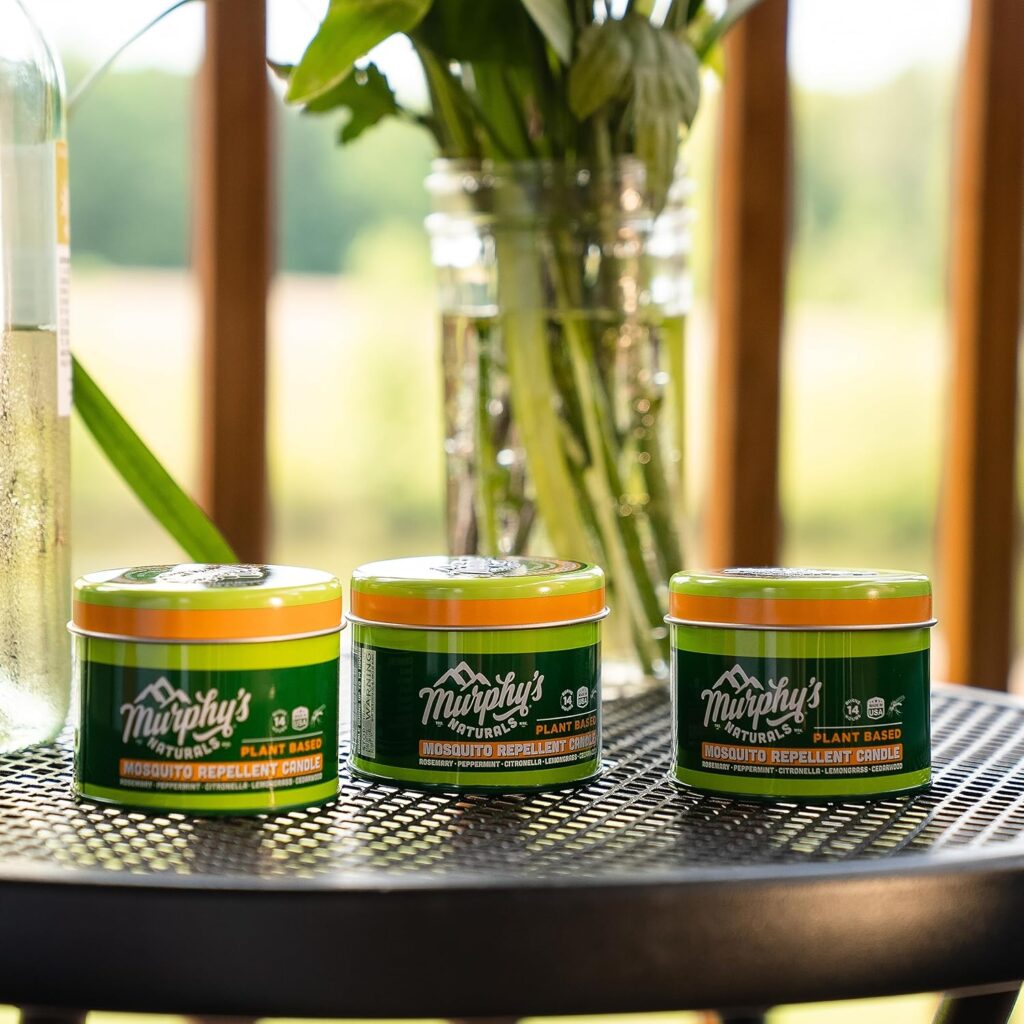Choosing the right bug spray depends on many different factors – the type of pest, surrounding environment, length of time outdoors. To pick out the best bug spray, you need to consider where you plan to spend time outside, how long you need protection, and what pests occupy the area. For example, a repellent you might choose when grilling out in your backyard may not be as effective when going on a camping trip.
Selecting the Best Bug Spray
When it comes to bug repellent, sprays and lotions are the most popular forms of protection. However, as mentioned above, you need to consider several different factors when picking out the best bug spray. Before you apply any insect repellent, you need to check the label to see what insects the repellent will protect you from, how long it will protect you, and whether it has any age restrictions. You also need to pay attention to the bug spray’s active ingredients. When choosing bug spray based on the active ingredient, you should take into consideration where you are going to be using the repellent, the type of pests you will likely encounter, and any potential health concerns you may have. If you are worried about the active ingredient in a particular bug spray, you should talk to your physician.
In terms of overall effectiveness, bug sprays containing DEET are popular for a reason. It works and can help protect you from ticks, mosquitos, and other biting insects. However, if you’re uncomfortable with the idea of using DEET, there are bug sprays that use alternative ingredients, such as picaridin, oil of lemon eucalyptus, and IR3535, in their formulas.
Bug Sprays with DEET
If you’ve ever purchased bug spray, then you are probably familiar with bottles marked with the ingredient, DEET. DEET was developed by the U.S. Army in the 1940s. Rather than killing insects, DEET is a true insect repellant and works by blocking our scent, making it difficult for insects to detect us. DEET is particularly effective in repelling disease-carrying insects such as mosquitoes and ticks. Because mosquitoes can spread illnesses such as West Nile Virus, Zika virus, and malaria, and ticks can spread Lyme disease and Rocky Mountain spotted fever, many environmental and health organizations endorse bug sprays that contain DEET.
Just as with any insect repellent, you should always follow the repellent’s instructions to ensure you are using the product correctly. Furthermore, you may be thinking that bug sprays with more DEET are more effective. In actuality, there is a threshold. You really only need a product that contains 25 to 30 percent DEET. With 25 to 30 percent DEET, you will get several hours of protection and limit your exposure to the chemical. Anything above 30 percent means you are just prolonging how long it lasts, not its effectiveness.
DEET-Free Bug Sprays
If you or a family member find DEET irritating, there are some alternatives you can use. Picaridin, oil of lemon eucalyptus, and IR3535 are active ingredients found in bug sprays that don’t rely on DEET. Picaridin is a synthetic repellent based on a compound found in black pepper. Like DEET, picaridin works against a wide range of insects and is particularly effective against flies. Oil of lemon eucalyptus, or OLE, is a compound that is extracted from the gum eucalyptus tree. Oil of lemon eucalyptus is thought to be one of the most effective natural repellents on the market but isn’t as effective as DEET or picaridin. Lastly, IR3535 is a synthetic repellent based on a natural amino acid. While not as effective as DEET when it comes to mosquitoes, IR3535 is a good choice when seeking protection from deer ticks.
Summer should be full of family fun and outdoor activities. However, there are some less-than-desirable aspects of summer. When it comes to protecting yourself and family members from biting insects and insect-borne illnesses, it’s always a good idea to have a trusted bug spray on hand. Bug bites can be extremely itchy and irritating. Plus, no one wants to get sick from an insect bite. If your backyard is full of biting bugs, be sure to do some research in order to find the best bug spray for you and your family. If bug spray isn’t doing the trick, and you notice different kinds of biters and stingers around your home, call your local Aptive Environmental branch today.








